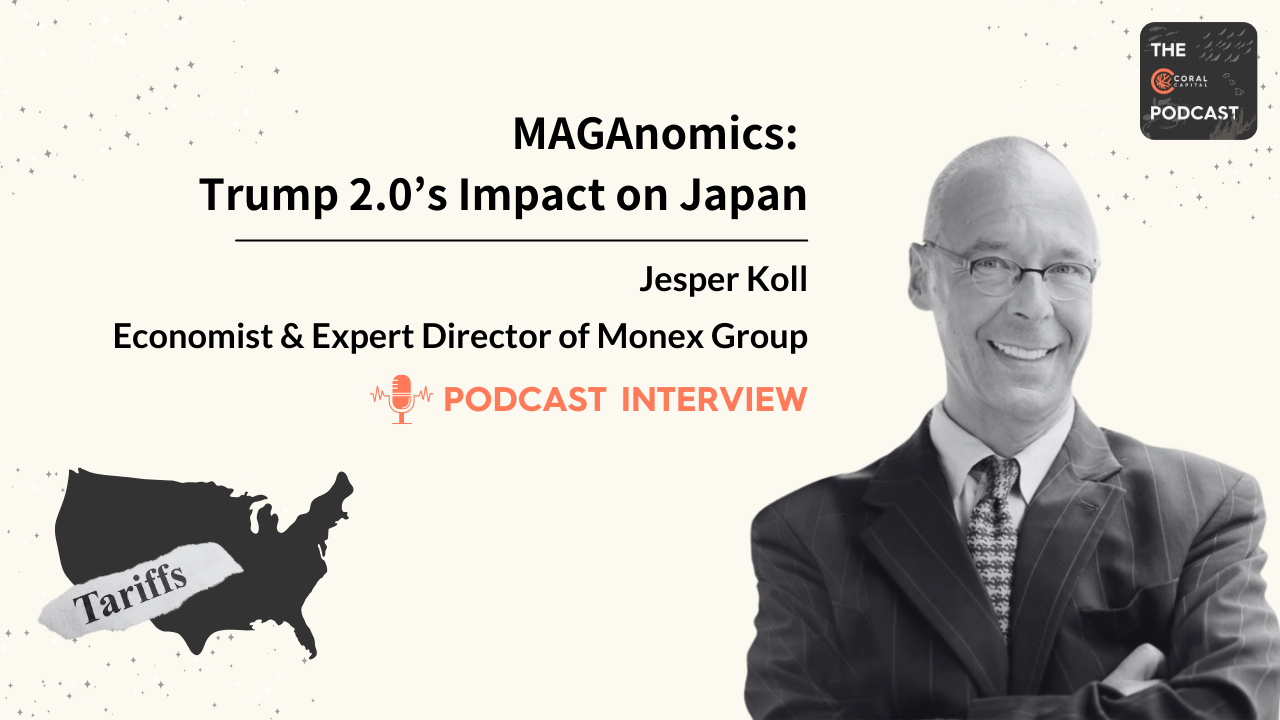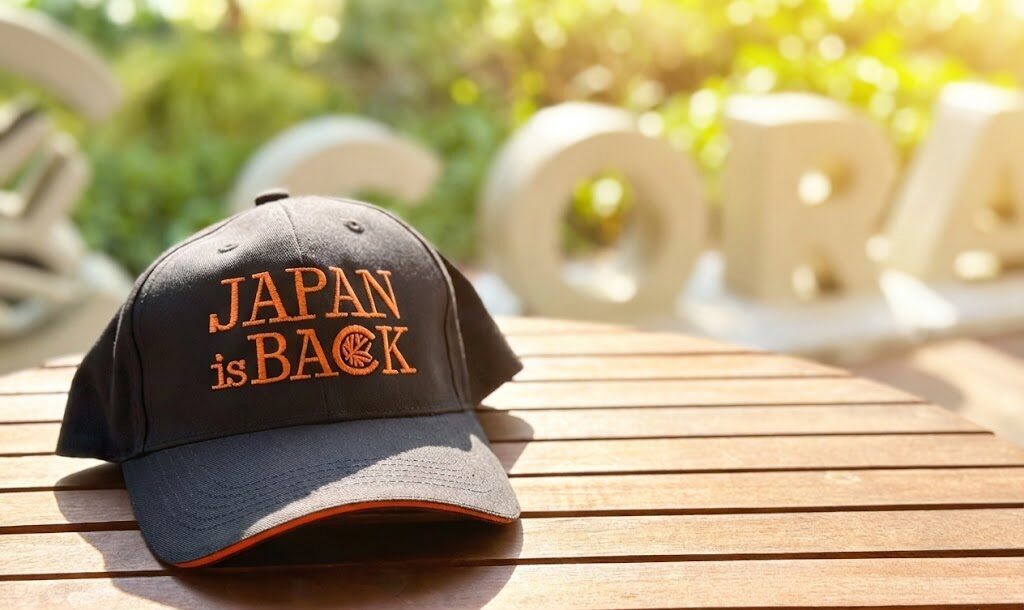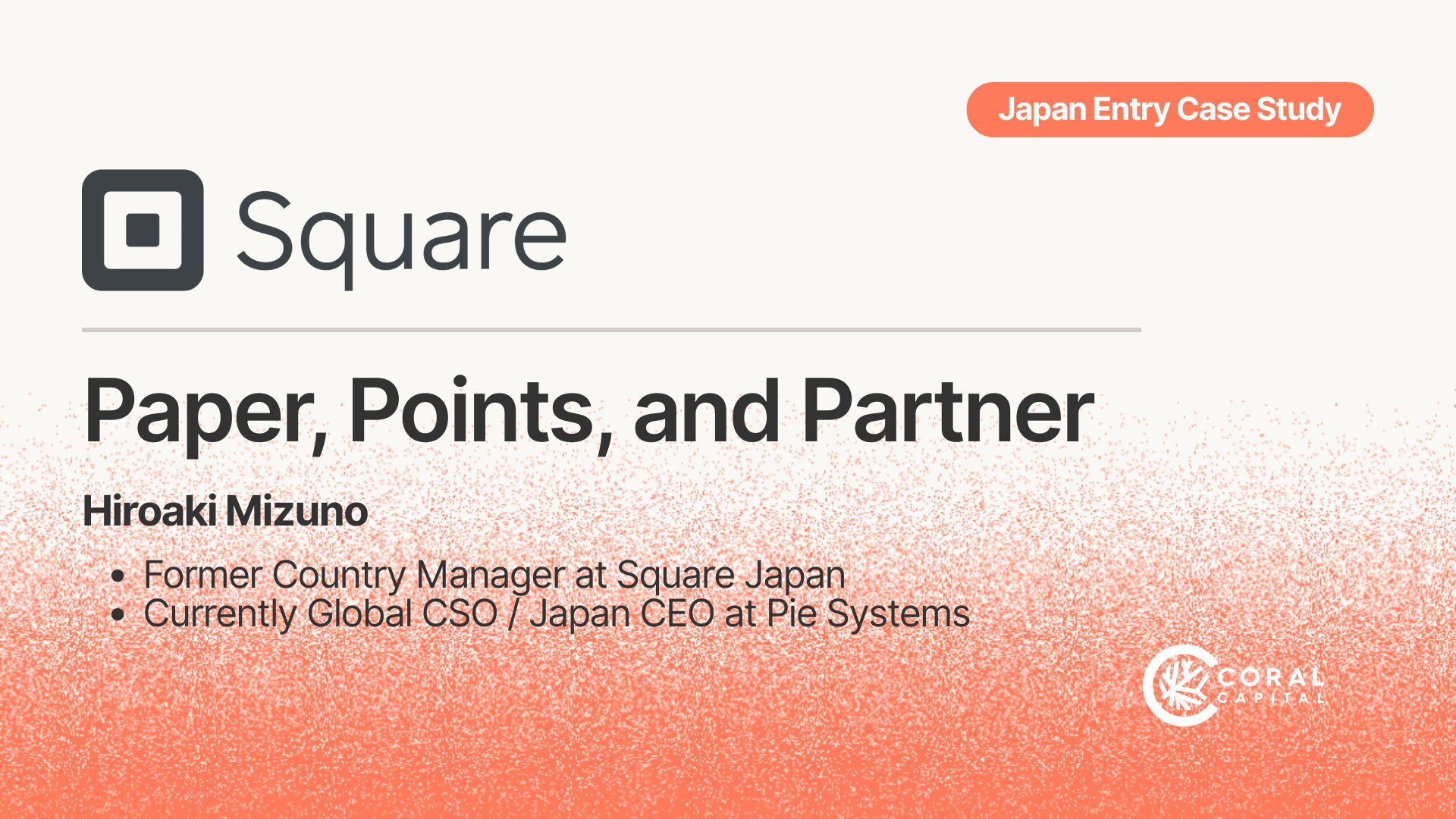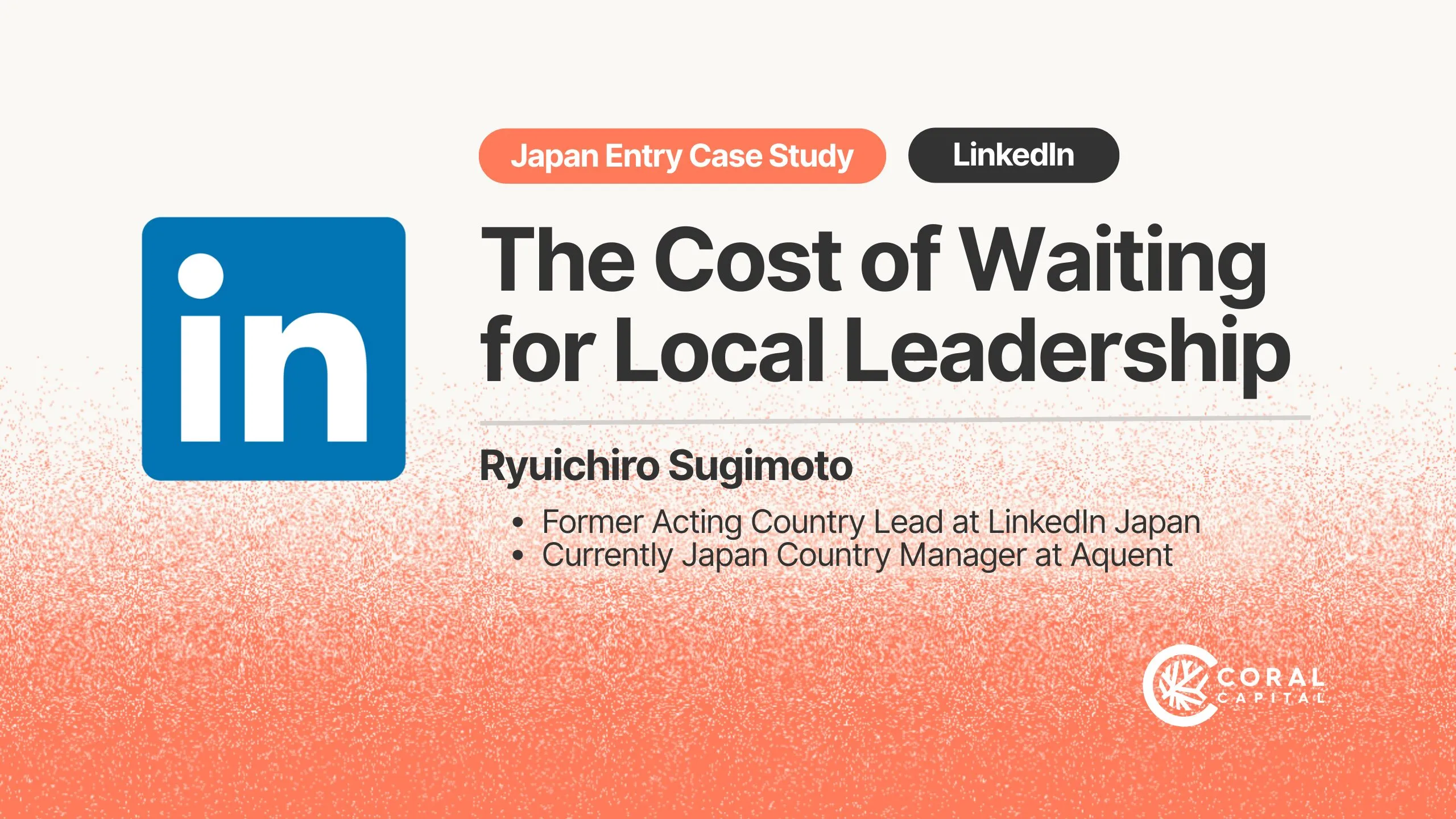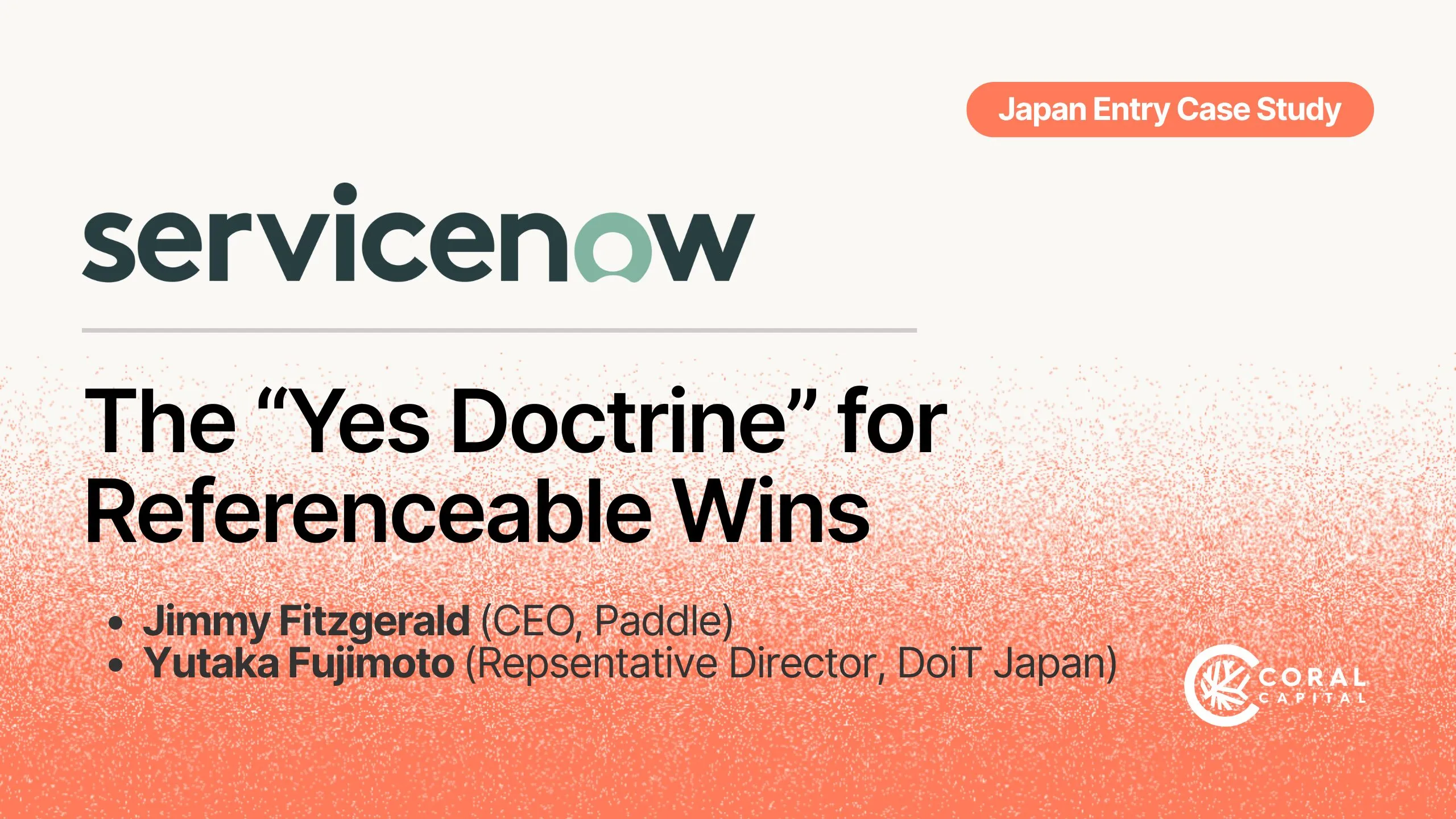Tune in to this episode on Spotify or Apple Podcasts.
Welcome to another episode of The Coral Capital Podcast, a show where we bring on guests from tech, business, politics, and culture to talk about all things Japan.
In this episode, economist and long-time Japan optimist Jesper Koll breaks down how Japan is faring amid rising global protectionism, demographic shifts, and geopolitical uncertainty. A resident of Japan since 1986, Jesper has spent decades at the forefront of Japan analysis and investment, having served as chief strategist and head of research for JP Morgan and Merrill Lynch. He currently advises Monex Group, sits on the Japan Catalyst Fund’s investment committee, and serves on multiple high-level advisory boards, including Governor Yuriko Koike’s.
Jesper warns that a Trump 2.0 presidency could trigger a double whammy for Japan: a weaker dollar slashing Japanese corporate profits and an aggressive U.S. tariff regime pushing China to dump exports into Southeast Asia—hurting Japan’s industrial giants in the process. But he’s still bullish on Japan.
Why? Jesper sees Japan as “capitalism that works”—a system quietly modernizing under the radar. From record M&A and MBO activity to a younger generation of CEOs open to change, Japan is entering a new phase of productivity and openness. He highlights the ongoing shift to performance-based pay, increased immigration, and growing startup dynamism as key signs of this transformation. We talk about:
- Japan’s “capitalism that works”: A system that’s democratic, fair, globally integrated, and quietly undergoing a transformation from within.
If you enjoy this episode, please make sure to follow us on Spotify or Apple Podcasts.
You can also subscribe to our newsletter here!
